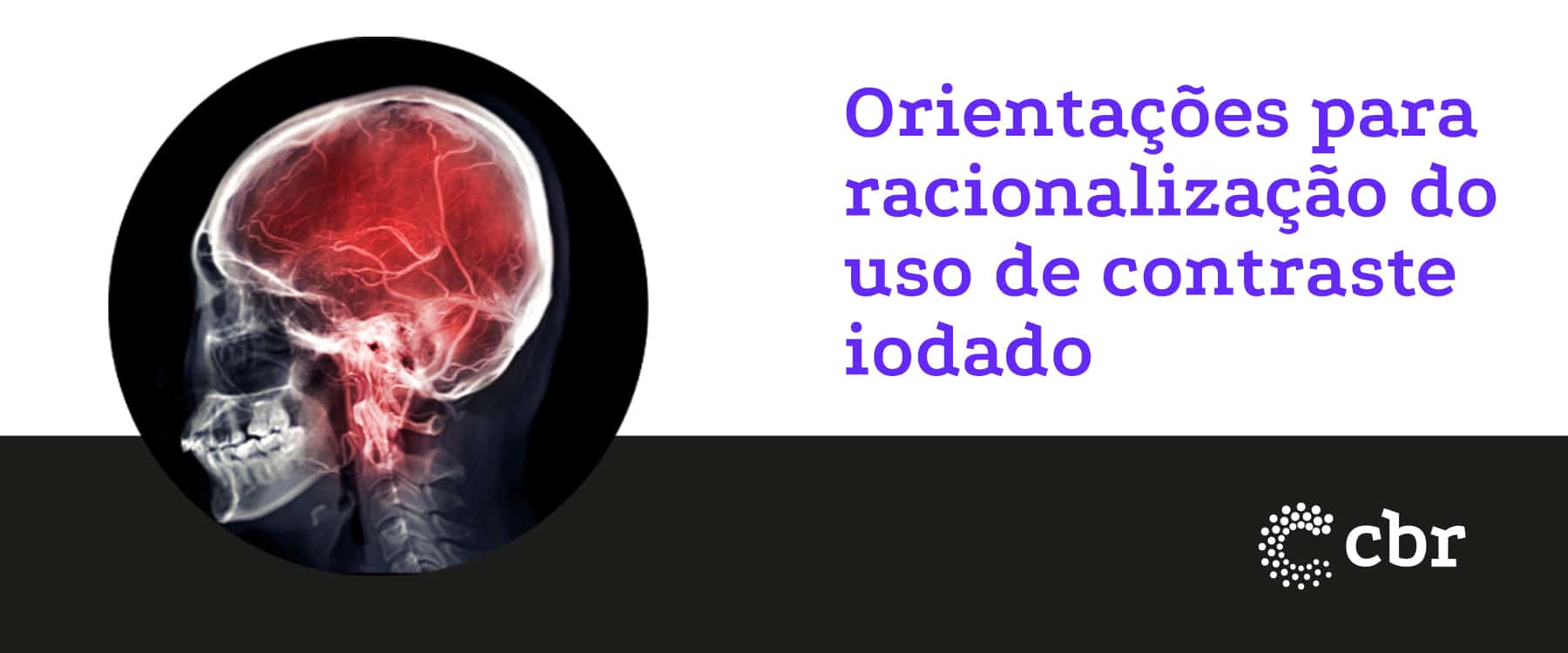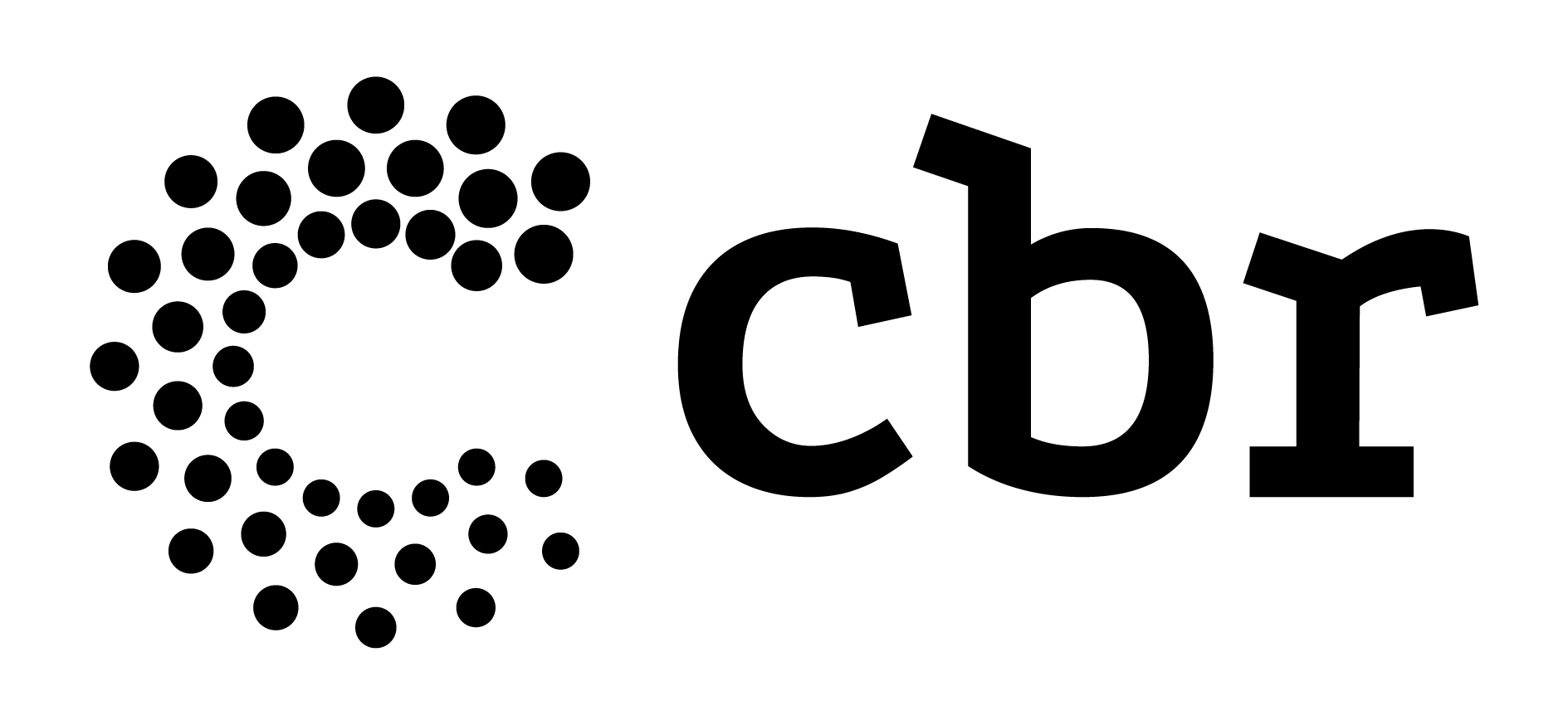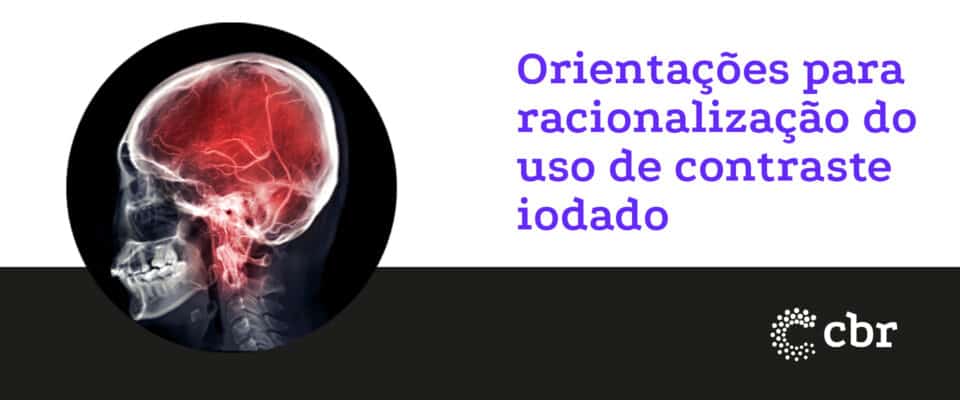Faced with the current scarcity of the material all over the world, the Ministry of Health issued a note with recommendations for rationalizing the use of iodinated contrast for medical exams and procedures, until the product supply is normalized. The document was prepared through the Secretariat for Specialized Health Care (SAES) and the Secretariat for Science, Technology, Innovation and Strategic Health Inputs (SCTIE) with the Brazilian College of Radiology and Imaging Diagnosis (CBR), Brazilian Society of Interventional Radiology and Endovascular Surgery (SOBRICE), Brazilian Society of Cardiology (SBC), and Brazilian Society of Hemodynamics and Interventional Cardiology (SBHCI).

“The shortage of contrast media is global and of great concern. The interruption in the supply, production and distribution chains is mainly due to the COVID-19 pandemic in China, as lockdown were enacted locally, impacting the production chain of Chinese industries,” says the note. “One of the main companies affected, the laboratory GE Healthcare, informed that the factory in Shanghai had been affected, but that, since the beginning of June, it had resumed its production capacity in 100%. However, due to the shortage in the international market, there is still difficulty in meeting and normalizing the relationship between supply and demand”, continues the document.
The note brings a series of recommendations for rationalization of contrast in Magnetic Resonance, Computed Tomography and Nuclear Medicine.
In recent months, the CBR has expressed concern and discussed alternatives to deal with the shortage of contrast. In June, a webinar was held that included a lecture to present alternatives. “We cannot give up quality, to look for solutions while preserving quality”, highlighted the President of the College, Valdair Muglia, on the occasion. The webinar can be viewed in full at official channel of CBR on Youtube.
For the scientific director of CBR, Luciana Costa, “it is an opportunity to review the literature, review what is possible to be done in the best way for the patient in the sense that the literature already allows us to have a contrast reduction, obviously without having a diagnostic reduction”. She also gave a interview with Record TV in a report about the problem.
CBR vice-president, Cibele Carvalho, was in the same tone: “More and more, when we go through adversity, it is time to learn. It is an opportunity to review contrast doses and radiation doses for our patients”.




